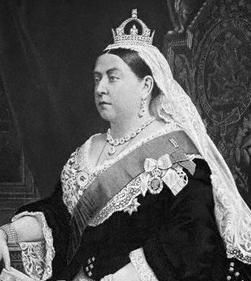你在家中是老大还是老幺?这对职业道路有影响
|
你想当公司CEO还是想成为一名钢琴家?先看看你在家里是老大还是老幺。一项最新研究显示,子女在家中的出生顺序对他们今后的职业道路有重要影响。 2016年3月19日,扎克伯格(左)和马云在“中国发展高层论坛2016”经济峰会上。新华社记者 李鑫摄 For many years, studies have shown that birth order affects personality, but new research confirms that whether you’re an older, middle or younger child bears an impact on career path too. Led by psychologist Emma Kenny, the researchers found significant evidence to support the theory that birth order has a tangible and marked effect on career paths.
In order to reach their conclusions, a team of statisticians analysed a random sample of over 500 of the most successful individuals from 11 different career groups to identify statistically significant patterns. One of the most clear findings was that middle children are 30 percent more likely to become company CEOs than their siblings. The researchers suggested that this could be because having to fight for attention results in middle children developing personality traits such as competitiveness, flexibility and diplomacy, which then makes them suited to high-flying roles which require tactful thinking and high levels of management. Mark Zuckerberg, Lord Alan Sugar and Bill Gates are all middle children. In encouraging news for middle children across the world, the study also found that they’re 41 percent more likely to be Olympic athletes. “The research conducted over the last month has shown that birth order is a significant factor in determining employment role types between siblings - overall there are far more typical cases than exceptions,” Kenny explains. Interestingly, the researchers found that the majority of astronauts are first-born children - Buzz Aldrin and Neil Armstrong are prime examples. Eldest children are also most likely to become scientists or engineers like Stephen Hawking and Tim Berners Lee. Youngest children like Johann Sebastian Bach and Mozart were found to be 50 percent more likely to have careers in classical music, possibly for their “sensitive and idealistic personality traits,” the researchers suggest. As for only children, the study suggests they’re more likely to become artists due to their “perfectionist and mature personality traits.” The average UK family has 2.44 children, but the researchers found that family size does play a part - scientists were found to come from much larger families than average. |









